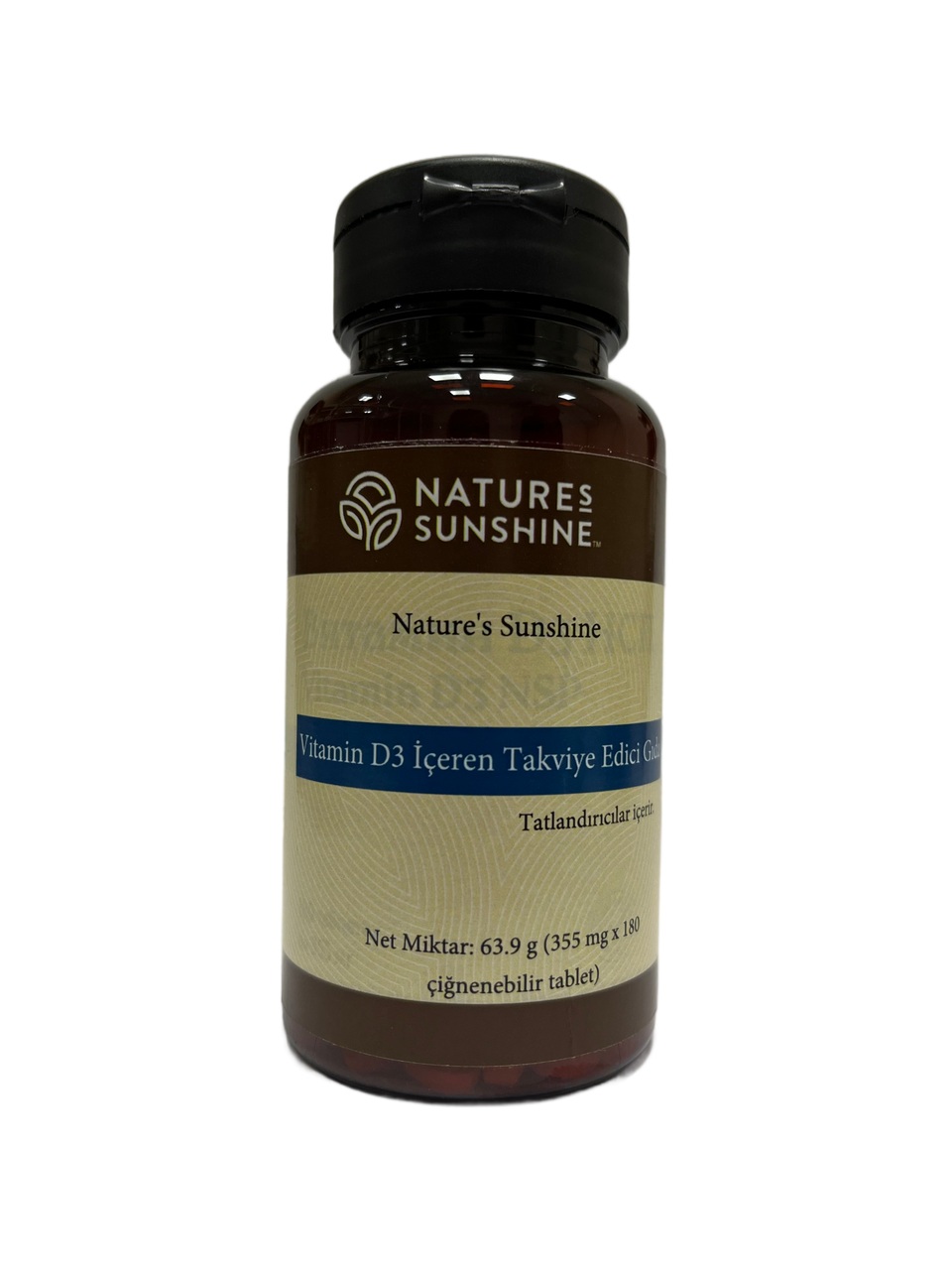No products in the cart.
Dietary supplements
Vitamin D3
Vitamin D3
PV: 12.25- Vitamin D contributes to the normal absorption/utilization of calcium and phosphorus
- Vitamin D contributes to normal blood calcium levels
- Vitamin D contributes to the maintenance of normal bones
- Vitamin D contributes to the maintenance of normal muscle function
- Vitamin D contributes to the maintenance of normal teeth
- Vitamin D contributes to the normal function of the immune system
- Vitamin D has a role in cell division
P. fiyatı / Price / Цена: ₺1.166,0
Partner fiyatı / Partner Price / Партнерская цена: ₺757,0
























